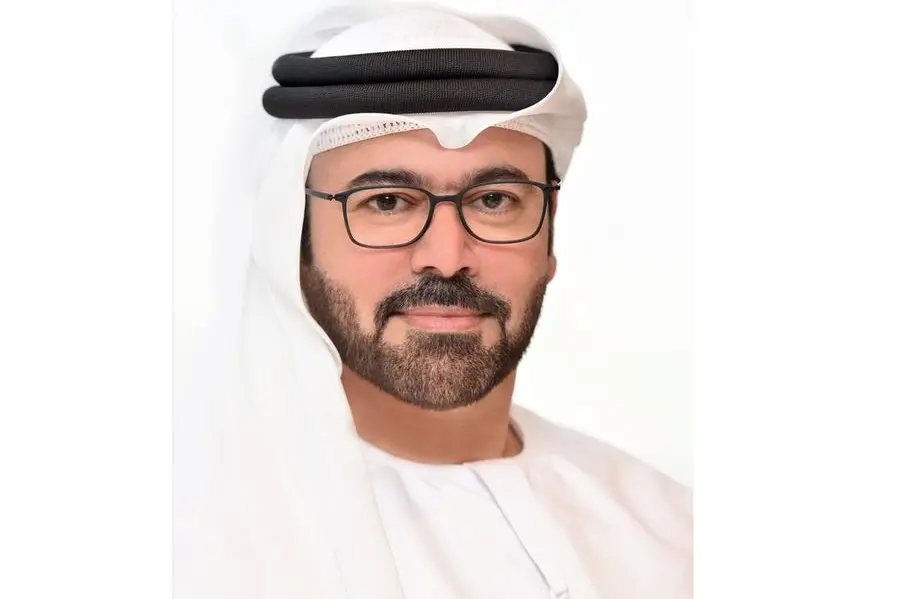PHOTO
The Global Future Councils meeting, a partnership between the UAE government and the World Economic Forum, was opened by UAE cabinet minister Mohammad Abdullah Al Gergawi with a statement that seemed to offer a message of peace: “a human is a human wherever he may be”.
Al Gergawi gave the opening remarks and raised three questions that the forum should tackle, starting with what he dubbed a humanitarian question .
In a speech simultaneously translated from Arabic, the minister of cabinet affairs stopped short of citing the Israel-Hamas conflict but affirmed that humans cannot turn a deaf ear to human tragedy. He added that what gives humans the edge over the growing sophistication of artificial intelligence is our ability to formulate new questions.
He asked: “Can we discuss the future of economics, politics, technology etc:- without settling issues related to the principles of justice among humans?”
“Humanity has witnessed large-scale wars, yet today, humanity has reached a stage of common values where it cannot turn a deaf ear to any human tragedy and act like we are living in another dimension.
“We need to raise this humanitarian question, where a human being stays a human being wherever he may be.”
“Equality, which means preserving humans wherever they are, and protecting them, remains the duty of all fellow humans,” he told the conference.
Al Gergawi also explained that the global economic gap is widening: 1% of the world owns half the world’s wealth, which is set to grown to 66% by 2030.
The technology gap has also increased, he said, and while progress in artificial intelligence (AI) has accelerated, 3 billion people have no access to the internet.
“Perhaps the answer to the question is [to] redefine what we mean by the protection of basic human rights, the right to life, the right to equal economic opportunities, and the right to [sustain] a balanced environment for future generations,” he said.
The remaining two questions, he said, would be tackled over the coming two-day conference. The second one is how to preserve the future of the planet for future generations, as failing to do so could see 1.5 billion climate refugees and an economic cost of $32 trillion by 2050.
The last question is how governments can deal with future challenges, a pressing question following the global COVID-19 pandemic, he said.
“A new methodology starts with asking the right questions,” he said, “governed in a way which sees us find a way towards peace and prosperity for us all.”
(Reporting by Imogen Lillywhite; editing by Seban Scaria)





















